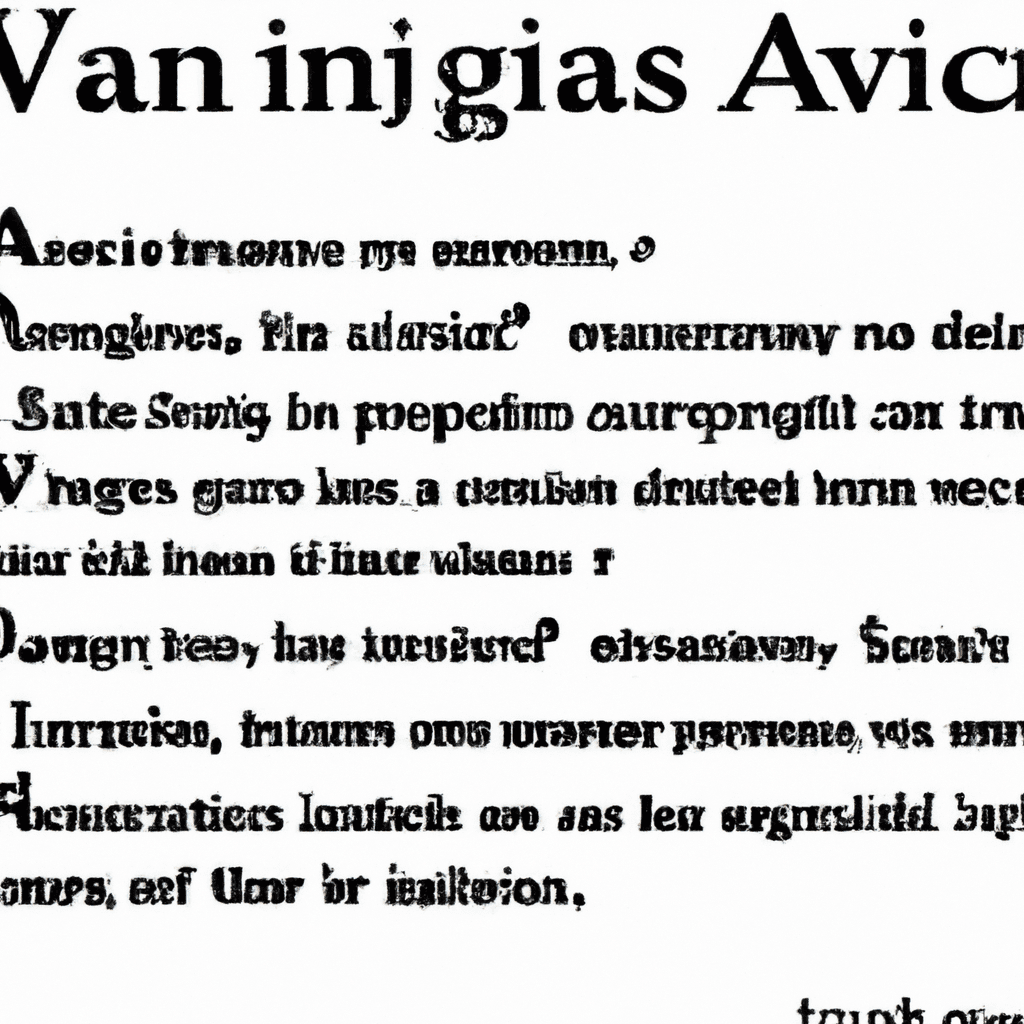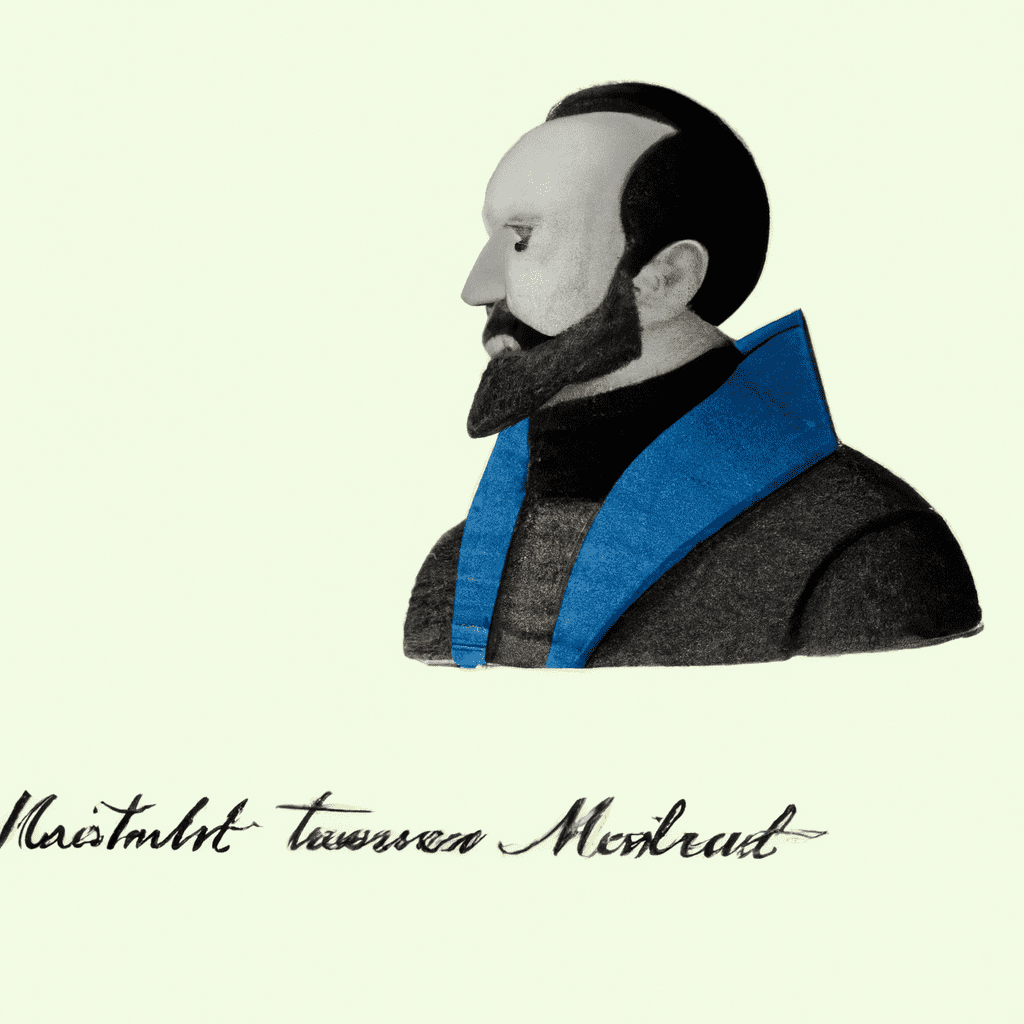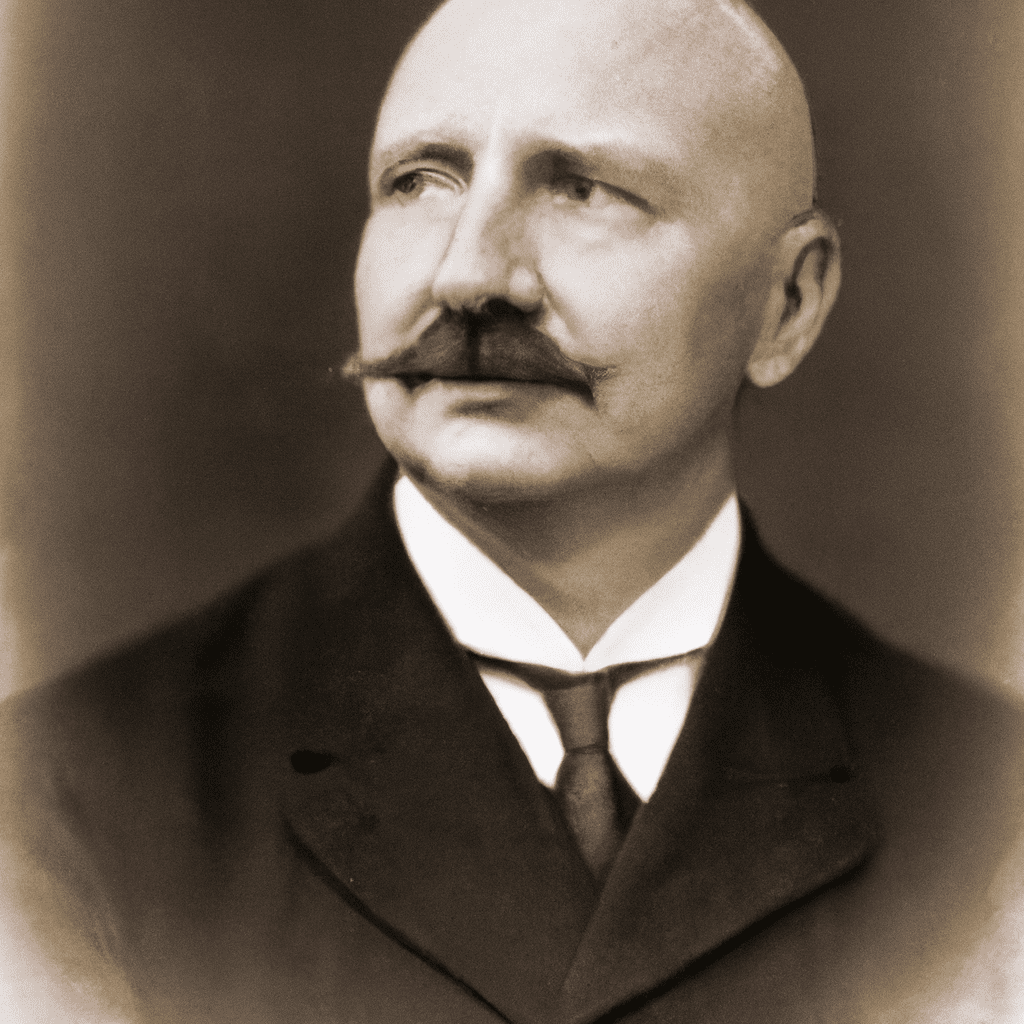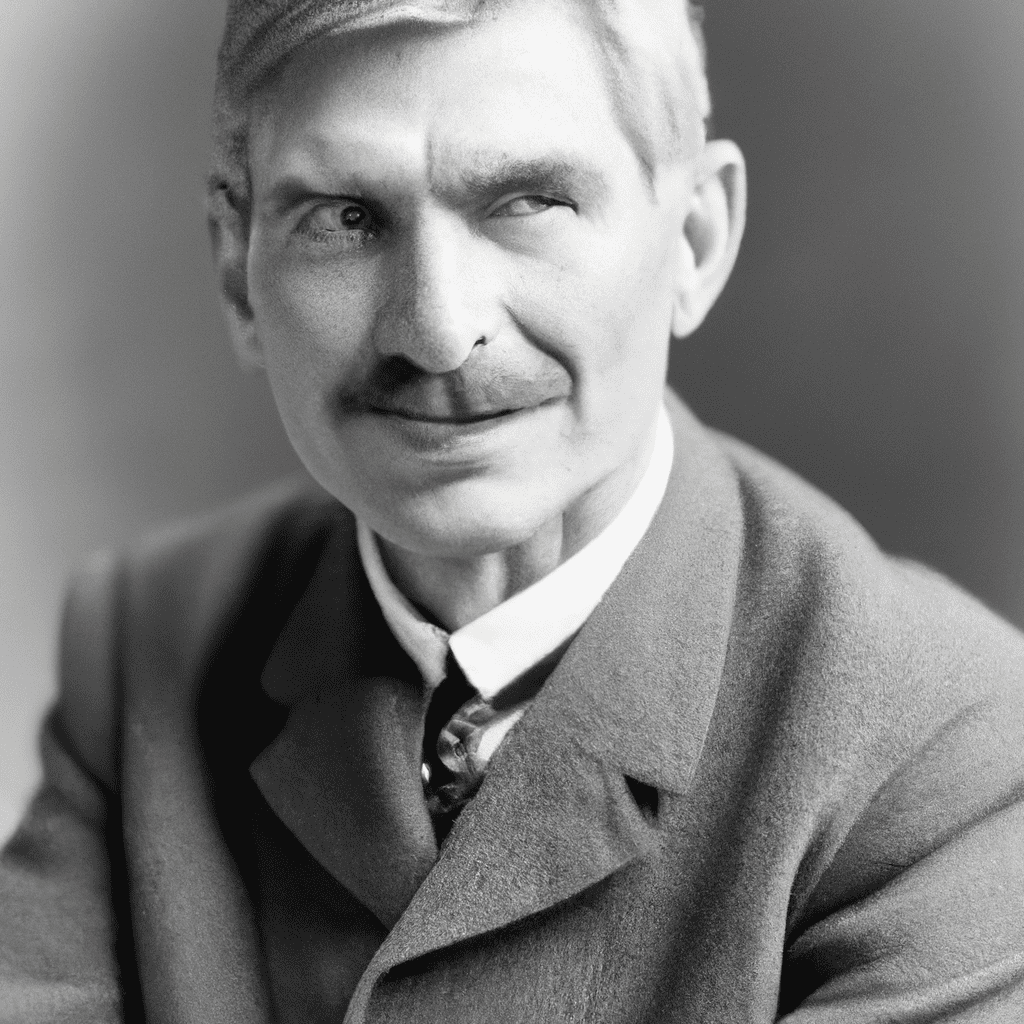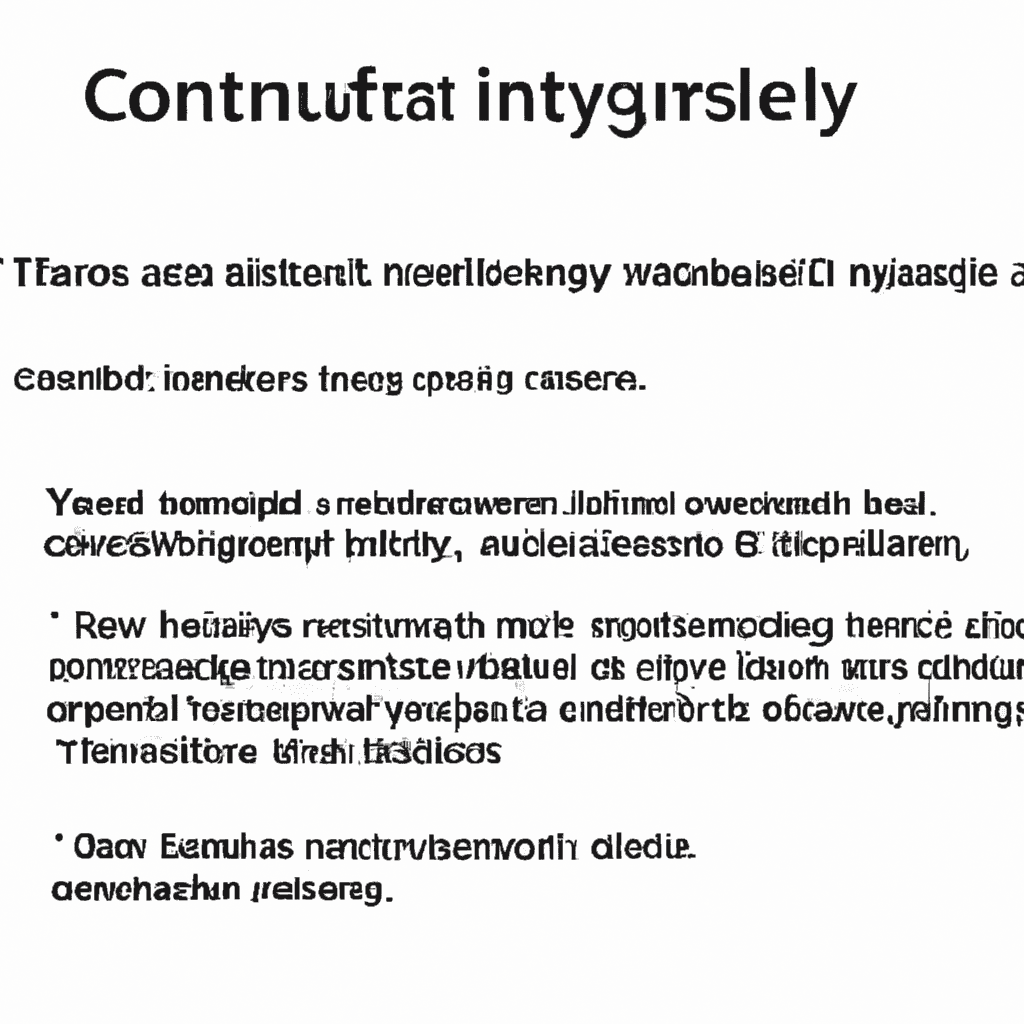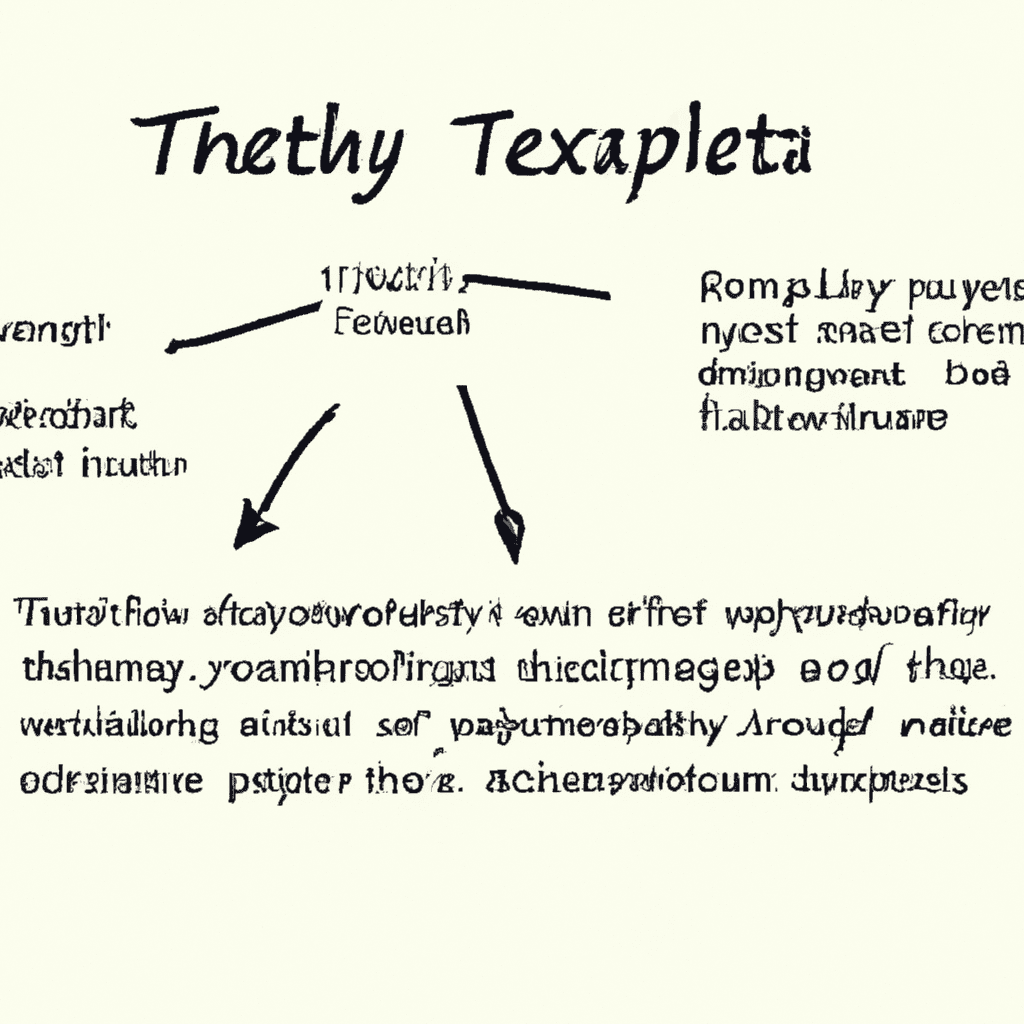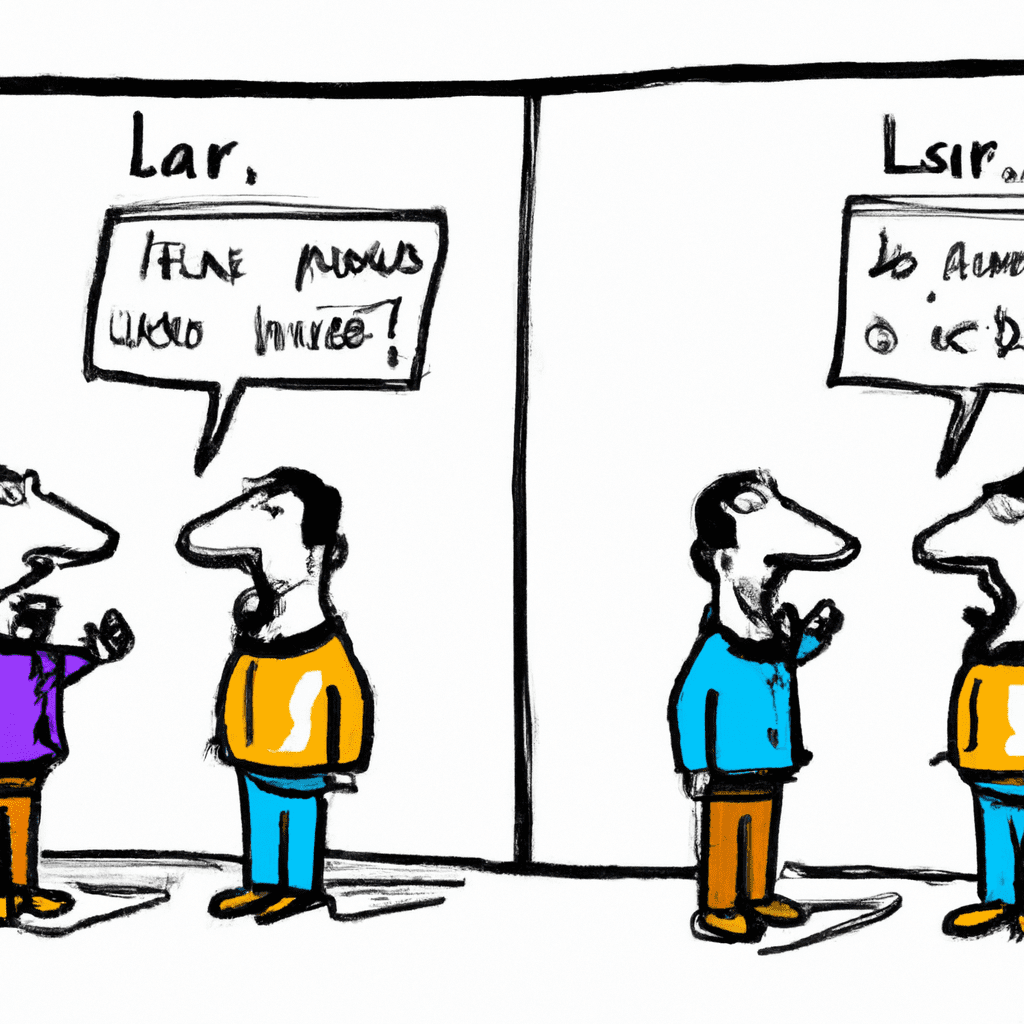The Trinity Christians believe that God is a Trinity of Persons, each omnipotent, omniscient and wholly benevolent, co-equal and fully divine. There are not three gods, Jedoch, but one God in three Persons: Father, Sohn…
Browsing CategoryWiki-Philosophie
Avicenna (Ibn Sina): Logik
Avicenna (Ibn Sina): Logic Avicenna (Ibn Sina) (c. 980-1037 C.E., or 375-428 of Hegira) is one of the most important philosophers and logicians in the Arabic world. His logical works are presented in…
Michel de Montaigne (1533-1592)
Michel de Montaigne (1533-1592) Michel de Montaigne, der französische Essayist des 16. Jahrhunderts, ist eine der bekanntesten literarischen und philosophischen Figuren der Spätrenaissance. Das einzige Buch, das er geschrieben hat, Les Essais de Michel…
Samuel Alexander (1859–1938)
Samuel Alexander (1859–1938) Samuel Alexander ist vor allem für seine Rolle im britischen Emergentismus bekannt, eine Bewegung des frühen 20. Jahrhunderts, die den Begriff der Emergenz nutzt, um die Beziehung zwischen Geist und Körper zu erklären. Alexander argues…
John Dewey (1859–1952)
John Dewey (1859–1952) John Dewey war ein führender Vertreter der amerikanischen Denkschule, die als Pragmatismus bekannt ist, a view that rejected the dualistic epistemology and metaphysics of modern philosophy in favor of a naturalistic…
John Rawls (1921–2002)
John Rawls (1921–2002) John Rawls war wohl der bedeutendste politische Philosoph des 20. Jahrhunderts. He wrote a series of highly influential articles in the 1950s and ’60s that helped refocus Anglo-American moral and…
Wissen
Die Geschichte der Wissensreflexion der Wissensphilosophie ist eine Geschichte der Thesen und Theorien; aber nicht weniger Fragen, Konzepte, Unterscheidungen, Synthesen, und Taxonomien. All dies wird in diesem Artikel erscheinen. Sie erzeugen, Farbe,…
Contextualism in Epistemology
Contextualism in Epistemology In very general terms, epistemological contextualism maintains that whether one knows is somehow relative to context. Certain features of contexts—features such as the intentions and presuppositions of the members of a conversational…
Theories of Explanation
Theories of Explanation Within the philosophy of science there have been competing ideas about what an explanation is. Historisch, explanation has been associated with causation: to explain an event or phenomenon is to identify its…
Liar Paradox
Liar Paradox The Liar Paradox is an argument that arrives at a contradiction by reasoning about a Liar Sentence. The Classical Liar Sentence is the self-referential sentence: This sentence is false. It leads to the…


